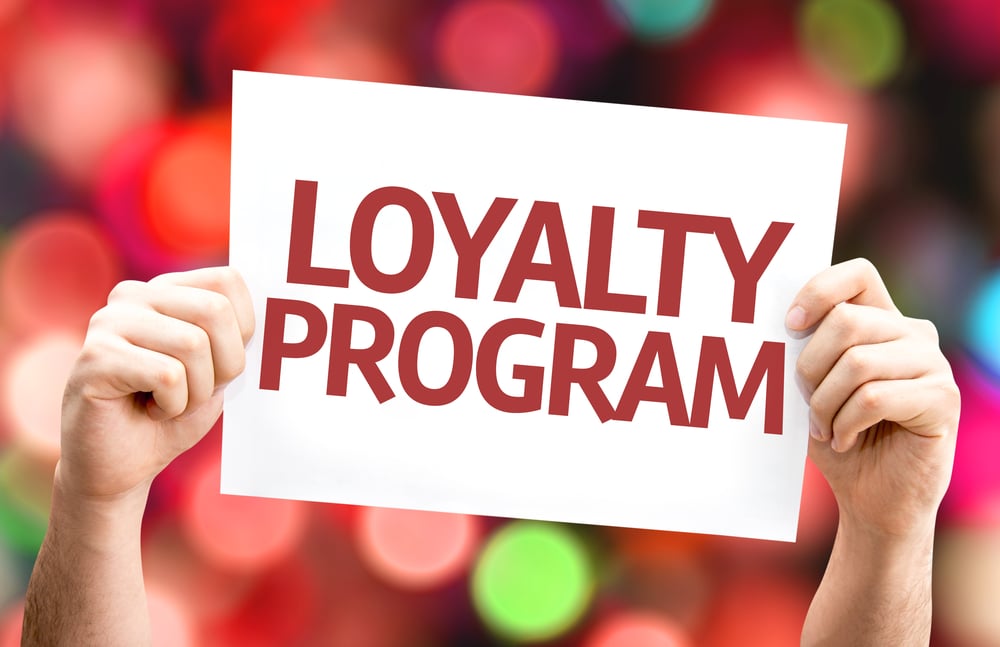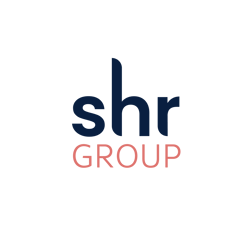
By Allegra Medina, Senior Director – Product
Hotel operators take customer loyalty very seriously, but not every hotelier is in a position to provide a traditional guest loyalty program. These conventional programs require significant overhead to operate efficiently, from training hotel workers to offer and redeem points to maintaining the servers that collect guest information. However, this no longer has to be the case thanks to modern Customer Relationship Management (CRM) technology.
Operators have needed help with the perceived costs and challenges associated with implementing a high-quality loyalty or guest recognition service. Still, today they can use cutting-edge CRM technology to gather the insight they need to reward guests for their bookings.
Once in place, a high-quality guest recognition program can be automated almost completely, but getting there may require a departure in perspective from the majority of the industry.
The Basics of Recognition
There are many advantages to offering guest loyalty programs at your hotel, from creating incentives for travelers to book with you while providing a more enjoyable booking experience for guests once they are on the property. However, few of the trappings of traditional loyalty programs foster loyalty. According to the Harvard Business Review, just 42 percent of brand executives believe their customer loyalty strategies effectively retain consumers’ business. Suppose the hospitality industry wants to begin truly rewarding guests for their bookings. In that case, it must have the courage to break from its fixation on the term “loyalty” and instead focus on guest recognition.
Providing personal touches that recognize the value of each guest sounds like it may require more operating bandwidth compared to offering a traditional points-based system for guest redemption, but the opposite is often the case. Hotels can use their CRS and CRM data to discern a great deal of insight into guest preferences, booking habits, and aspirations. This knowledge helps hotels align a set value of available perks with the guests who value them. Doing so could manifest in upgraded rooms, complimentary amenities at check-in, or a flat discount on their rate.
Many of these forms of recognition require little additional effort or investment to execute. Every hotel can recognize guests at check-in, either by name or by offering specific amenities or services based on their past preferences. Delighting a guest with complimentary slippers in the guestroom that are the right size could be the tipping point that leads a traveler to post a positive review.
These small moments of recognition are far more memorable than earning a reward based on points. These allow hotel guests to feel seen by hotel operators and create a human connection between them and the property. Inviting loyalty members to visit your hotel outlets by offering free F&B credits or complimentary spa services is much more impactful. It speaks to the spirit of hospitality, not having guests plan out points-based redemptions.
Knowing Your Guests
Hotels have been diligently collecting guest information to know their guests better, and now is the time to put this knowledge to use or risk losing customers to a brand willing to do so. According to a study from McKinsey, 36 percent of American consumers switched brands during the COVID-19 pandemic, while 62 percent of consumers reported a willingness to spend more money on a brand after signing up for a paid loyalty program.
Hotels can now access guest preferences, requests, and other pertinent information directly on their CRM, allowing them greater freedom to acknowledge loyal members. Doing so may soon become necessary. Experiential travel was up 34 percent over 2019 levels earlier this year, and these trends are expected to increase as the travel market continues to recover rapidly. Hotels with access to modern CRM capabilities can offer different degrees of experiential travel regardless of their property’s location, chain scale, or market segment. Every hotel can understand what their guests desire and find ways to provide it in a way that rewards them.
These strategies also prompt guests to spend more on property. Loyalty travelers benefitting from a complimentary room upgrade are more likely to visit the hotel restaurant or order room service, and travelers who are given hotel amenities at check-in are likely to buy more before they leave. Most importantly, all these guests are enticed to leave positive reviews for their service.
Every hotelier wants to be renowned for their service, but if they want to deliver the right size slippers during check-in, that information needs to be provided directly. The most effective systems use machine learning and automation to deliver these insights to the front desk in an actionable and easily understood manner. Such a system allows hotels to offer wide-reaching loyalty capabilities without the minutia of a points-based system, which requires extensive maintenance behind the scenes. Divesting from these programs will enable hoteliers to put down their spreadsheets and focus on improving guest satisfaction.
Speaking Guests’ Language
To focus on delivering what guests want and truly reaching guests to foster loyalty, hotels must create clear goals and identify ways to generate revenue. Fostering guest loyalty requires a greater focus on retention rather than conversions or acquisitions, and doing so requires asking the right questions at the outset.
Does your hotel want to reduce the cost of requiring new guests by making them so happy they want to return? If so, it’s time to refocus your property’s efforts by growing direct bookings through guest recognition. Maybe your hotel can form a marketing partnership with a nearby restaurant or offer airline miles to entice travelers to visit during the off-season. By asking the right questions, your hotel can identify what options are available today and how to strategize for other potential opportunities.
With a clear goal, hotels can verbalize how they want to increase their revenue. Many of these answers lie in your guests’ preferences. The process starts with learning who your guests are and what they most want during their stay. Answering these questions is the first step toward positively surprising guests and exceeding their expectations, all without the terms and conditions of a traditional loyalty program.


